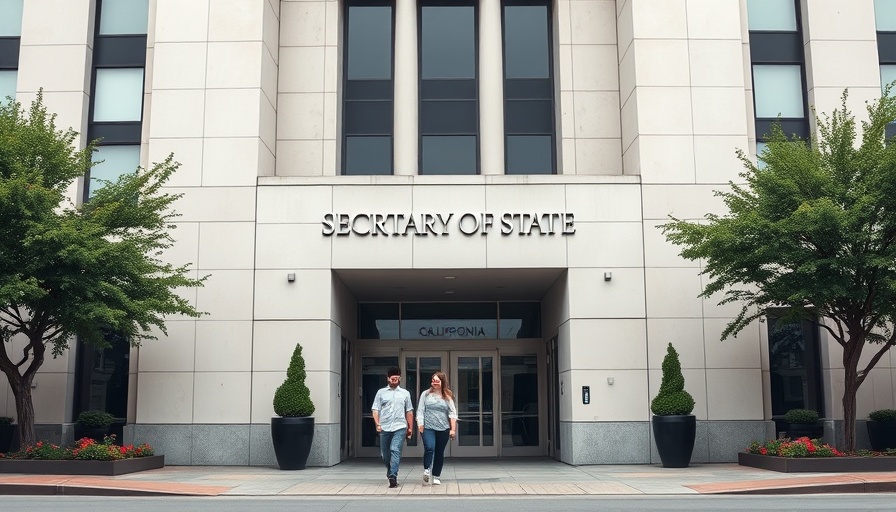
Could Remote Work Save California $225 Million Annually?
Recent findings by the California state auditor suggest that the state could save as much as $225 million each year if remote work arrangements for state employees were expanded. The proposal comes at a time when workforce flexibility has become a crucial topic in discussions about productivity, work-life balance, and financial efficiency.
Assessing the Current Landscape of Remote Work
The COVID-19 pandemic forced many organizations to adapt to remote work. As a result, employees across California, including those in Bakersfield, experienced both the conveniences and challenges of working from home. Parents had to juggle their home duties, while some employees enjoyed the freedom and lack of commuting stress. This has led to various perspectives regarding the future of remote work in the state.
Financial Benefits of a Flexible Work Environment
According to the report, the significant potential savings stem from reduced overhead costs like office maintenance, utilities, and other related expenses. Additionally, state employees working from home are often happier and more productive, which can lead to improved service delivery to the public.
Human-Centric Arguments for Remote Work
Studies suggest that employees working remotely tend to experience better mental health and work-life balance. In a city like Bakersfield, with its unique demands and lifestyle challenges, allowing state employees to work from home could result in a healthier workforce. This, in turn, could enhance community engagement and public service efficacy across various departments.
Challenges and Counterarguments to Remote Work
However, there are counterarguments. Critics may express concerns that remote work could hinder collaboration and communication among team members. They argue that in-person interactions foster innovation and teamwork, which might be lost in a remote-only environment. Addressing these points is essential for a well-rounded approach as California evaluates potential policy changes.
Current Trends and the Future of Work in California
As California continues to navigate its recovery and growth post-pandemic, the conversation around flexible work arrangements is more pertinent than ever. Innovative companies are now adopting hybrid models, and state agencies could follow suit to attract new talent while retaining existing employees.
Making Informed Decisions for the Future
For residents in Bakersfield and surrounding areas, understanding the implications of telecommuting policies is essential. Engaging in local dialogues about remote work could influence future decisions that might benefit the broader community, potentially leading to improved public services and financial prudence.
Conclusion: Advocating for Remote Work
The potential $225 million savings could be a game-changer for California's budgeting process. As decisions about the future state workforce unfold, it is vital that all voices be heard—especially those of the residents who feel the direct impacts of these policies. Advocating for remote work is not just about convenience; it's about fostering a healthier, more efficient work environment for all.
 Add Row
Add Row  Add
Add 



Write A Comment